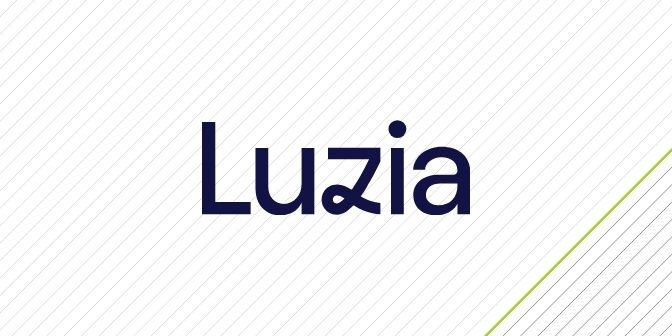About Luzia
Luzia is a startup founded in Madrid, Spain in 2023 providing users with the power of AI and democratizing their access to it. It is an AI-powered virtual assistant that helps with everything from math problems and image creation, to language translation, daily conversation, and more.
It works to improve everyday life with accessible and easy-to-use solutions, always prioritizing user experience and privacy. It is free to download and use on Android and iPhone.
The Challenge
Luzia wanted to achieve rapid growth and platform expansion to serve its millions of daily active users, but faced multiple obstacles. The startup sought to integrate multimodal capabilities, enhance user experience with real-time features and searches, and build long-term memory and reminders into its offering. However, limited engineering resources hindered progress and the startup had to maintain and train a classification model based on BERT, which required data engineers, data scientists, an MLOps pipeline and, ultimately, a lot of maintenance and skill.
With DevOps operations stretched thin, data management fell behind, delaying critical projects like an analytic project on Amazon Redshift. In addition, hiring the right talent was proving difficult–putting further strain on their ability to scale effectively. Cost optimization became essential, as the company needed to balance immediate budget constraints with investments in expanding infrastructure.
Operational support and data/database management expertise were crucial for meeting these goals, but finding dedicated resources was challenging.
The Solution
Automat-it delivered dedicated DevOps as a Service support for Luzia to solve the lack of resources issue. One of Automat-it’s 120+ engineers was assigned to work with Luzia’s in-house team based on their expertise in helping startups with a similar profile to Luzia scale and overcome similar challenges.
Automat-it developed custom AWS WAF rules and applied them to all ingress endpoints, seamlessly securing the infrastructure while significantly strengthening Luzia’s overall security posture.
Crucially, a significant Proof of Concept (PoC) for Amazon Bedrock migration was also conducted to optimize Machine Learning (ML) infrastructure. The objective was to determine whether transitioning from their existing predictive classification AI model to a generative AI solution could maintain comparable accuracy and latency benchmarks while reducing maintenance overhead and overall operational costs.
This scope of work used Automat-it’s OpenAI to Bedrock solution to evaluate and test various foundational models, specifically working on:
- Evaluating the new Amazon Nova micro model
- Prompt engineering to meet comparable accuracy to the BERT-based model
- A benchmark to check that Amazon Bedrock consistently meets the expected performance
- Increasing Amazon Bedrock quotas hand in hand with the AWS teams to reach the desired throughput
Finally, Automat-it also aided Luzia in optimizing AWS cloud costs.
The Results
Automat-it was able to demonstrate that Amazon Nova Micro was the perfect fit for Luzia’s use case. Working with Automat-it, Luzia was able to solve its initial challenges and introduce changes that had a real business impact:
Improved Latency Performance: Median service latency of 191ms and device-measured latency of 330ms including end-to-end overhead ensures Luzia is well within its requirements for real-time classification as scale
Eliminating maintenance overheads and reducing costs: Amazon Bedrock is a managed service. Previously, maintaining the BERT-based model required infrastructure, storage, monitoring, and a dedicated team of engineers. Transitioning to Amazon Bedrock allowed Luzia to eliminate hidden operational costs, reducing its ML classification budget by over 60%
Boosted Cost Efficiency: Nova Micro enabled weekly costs for 50M queries to drop to approximately $2,640. This was a significant reduction compared to Luzia’s internal BERT pipeline which – including inference costs and engineering time – cost between $6,000-8,000 weekly for the same volume.
By implementing context caching for repeated queries, Luzia further reduced the estimated cost by 50% – making the solution even more efficient at scale.
Luzia went on to migrate this workload shortly after the PoC.

